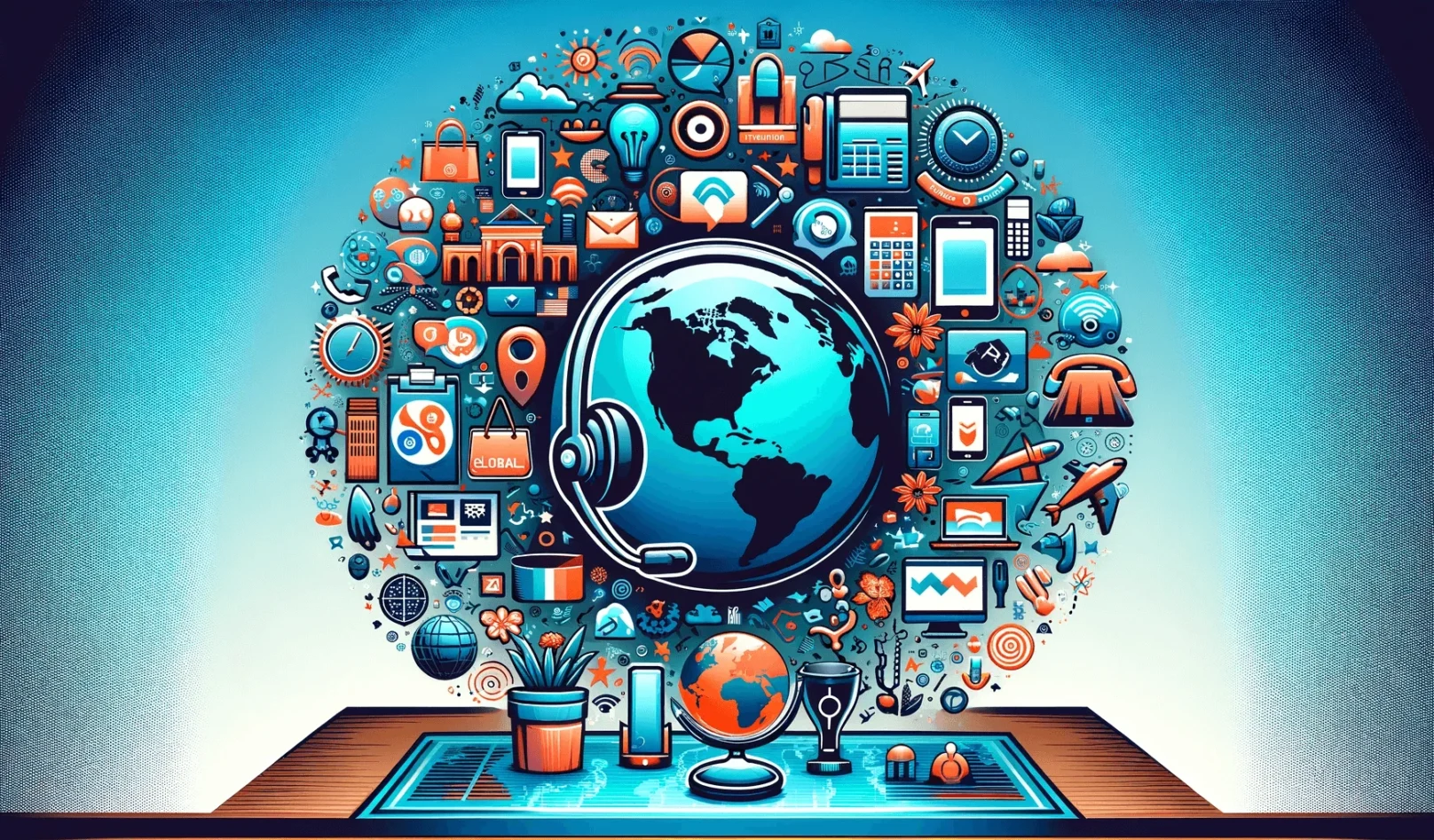
Introduction to Consumer Services Worldwide
Consumer services meet the daily needs of individuals and households worldwide. This vital sector includes industries like retail, tourism, healthcare, finance, and more. As a major employer globally, consumer services reflect the health of economies.
Analyzing the Global Job Market in Consumer Services
Employment Statistics Around the World
Countries with strong middle classes tend to have more consumer services jobs. The US, China, Japan, India, Germany, and Brazil are major employers. Developed nations have shifted towards service-based economies. Emerging markets are rapidly expanding consumer services.
Trends and Growth in Global Consumer Services

Urbanization, digital disruption, expanding middle classes, and aging populations are key drivers. New business models like e-commerce and on-demand services are reshaping work. Developing countries offer major growth potential.
Regional Focus: Consumer Services Employment in Key Areas
North America’s Consumer Services Landscape
The US has over 140 million consumer services jobs. Canada also has a strong service economy. E-commerce, healthcare, hospitality, and skilled trades are growth sectors. Automation and consolidation present challenges.
Europe’s Approach to Consumer Services
Countries like the UK, Germany, and France have large service sectors. Southern European nations rely heavily on tourism. Labor regulations and social services influence employment across the EU.
Asia-Pacific’s Rising Influence in Consumer Services
Rapid development in China, India, Indonesia, and elsewhere is expanding the Asia Pacific consumer market. This drives retail, finance, healthcare, and technology services jobs.
Industry-Specific Insights in Global Consumer Services
Retail and E-commerce Employment Trends
E-commerce and omnichannel retail are disrupting work. Declining jobs like cashiers contrast growth in IT and logistics roles. Training staff for digital skills is crucial.
Hospitality and Tourism Employment Dynamics
Pandemic losses were severe but travel and hospitality are rebounding fast. Labor shortages are problematic. Sustainability is an emerging priority.
Healthcare and Wellness Services
Aging populations and increased access globally are spurring demand for healthcare workers. Telehealth, AI assistants, and preventative care models are evolving work.
The Impact of Technology on Consumer Services Employment

Automation threatens many routine jobs but enables new ones. AI customer support roles are growing fast. Training for digital skills is vital for career resilience.
The Rise of Remote Work in Consumer Services
Enabling technologies and pandemic impacts made remote services jobs surge. Many companies plan to sustain work-from-home options long-term. This expands talent pools globally.
Navigating Economic and Political Factors
Consumer spending is impacted by inflation, recessions, and more. Government policies around trade, regulations, and immigration reform also influence jobs. Proactive measures are required.
Addressing Skills Gap and Training Needs
The rapid pace of technological change makes retraining essential. Companies that invest in learning programs will lead in capturing growth opportunities.
Success Stories in Consumer Services Employment
India’s IT services industry South Korea’s retail innovation, and Mexico’s nearshoring appeal showcase winning strategies. Adaptable workforces and business environments are key.
The Future of Employment in Global Consumer Services
Economic expansion in developing markets, rising consumer spending globally, and technology evolution ensure strong growth in services employment. But uncertainty persists around macroeconomic and geopolitical instability.
Workers must gain broad capability while specializing strategically. Businesses need to foster inclusive, ethical work cultures to retain talent. Responsible automation and job transition programs also matter.
Conclusion
Consumer services promise to remain a vital source of jobs globally. Realizing the full potential requires coordinated efforts between policymakers, employers, and workers to develop skilled, nimble workforces and supportive conditions.
FAQs
What are the fastest growing consumer service industries globally?
Technology services, healthcare, e-commerce, financial services, leisure and hospitality.
How is technology impacting jobs in consumer services?
Through automation, digitization, remote work, data-driven business models, and new customer experience roles. Training is crucial.
What skills are most in demand in global consumer services?
Digital literacy, analytics, communications, customer service, problem solving.
How do different regions compare in consumer services employment?
Developed nations have more services jobs but emerging economies are rapidly expanding opportunities.
